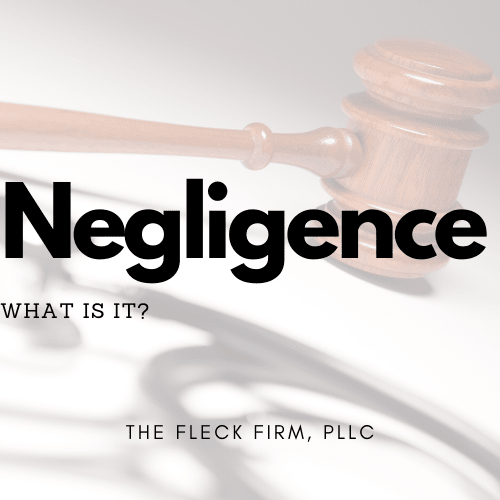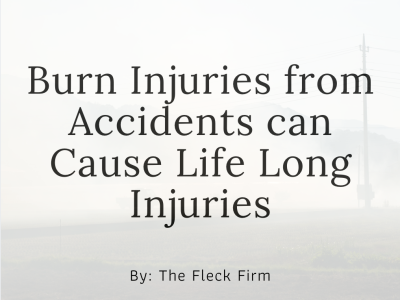In nearly all personal injury lawsuits, the legal theory of negligence is used by plaintiffs (those filing lawsuits) to get compensation for their injuries from defendants (those accused of causing the accident). Personal injury law is based on state statutes and court decisions (with some exceptions), which varies from jurisdiction to jurisdiction, but what’s needed to prove negligence is generally the same from coast to coast.
Negligence is a legal cause of action against a party that made a grave mistake, which caused, at least in part, the accident. Proving the defendant making a mistake won’t be enough for a winning case. The plaintiff needs to show by a preponderance of the evidence (it’s more likely than not) that:
- The defendant owed the plaintiff a legal obligation or duty (to do or not do something under the circumstances)
- The defendant failed that obligation or breached that duty
- That breach or failure was the factual and legal (or proximate) cause of the accident and the plaintiff’s injuries
- The defendant is required by Kentucky law to pay the plaintiff damages (a measurement of the harm in dollars) as a result
Personal injury cases can cover any situation where some party owes someone else a duty, they don’t live up to it, and someone is injured as a result. It can be as simple as a slippery sidewalk or as complex as a botched neurosurgery or a ten car accident on an interstate.
In a situation where one vehicle strikes another, drivers owe each other a duty to drive reasonably in reasonably safe vehicles (the word “reasonable” is used a lot in negligence law). A breach of that duty could be driving while intoxicated or very fatigued, speeding, running a stop sign, while texting or in a vehicle that’s unsafe because its brakes weren’t maintained or while pulling a trailer loaded with cargo so poorly tied down it’s falling into the roadway behind it.
The plaintiff would need to show evidence that breach leads to the accident that caused the injuries. There must be connections from the intoxicated driving and the missed stop sign to the accident then to the injury. Evidence could show you were in the middle of the intersection when the intoxicated defendant’s car ran the stop sign and struck you. There would also need to be proof the accident caused your injuries or aggravated old ones.
The next step would be establishing your damages. You:
- Suffered pain and suffering because of a broken pelvis and a fractured skull
- Missed so much work you were fired and lost many months’ worth of pay
- Have many thousands of dollars in unpaid medical bills and face many more before you fully recover
- Suffered a permanent loss of function in an arm and lifelong scarring due to the accident and later surgeries
It would be up to me to convince the judge that under Kentucky law the defendant needs to compensate you for the harm it caused. Defendants rarely pay awards in personal injury cases. They usually have insurance to cover possible liability due to accidents. Their insurance carrier pays for their legal defense and damages awards (if the accident is covered by the policy, up to the policy’s coverage limits).
Have any questions about negligence or need help with an injury caused by another? Contact The Fleck Firm for a free consultation at (270) 446-7000. We’ll talk about the accident, your injuries, the law, and your best options to proceed. Insurance companies have lawyers. You should have one too.








